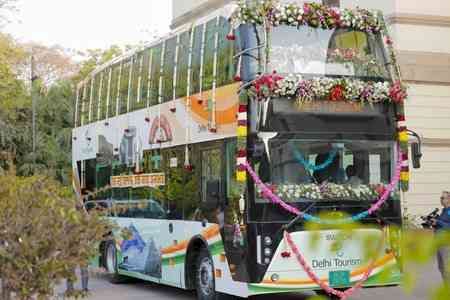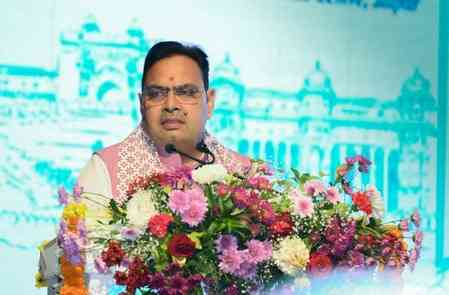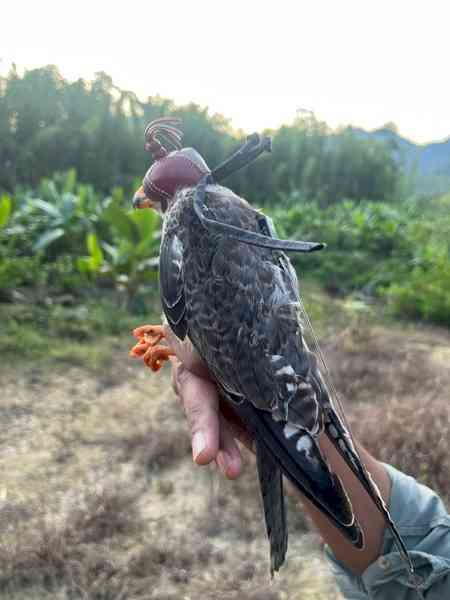Punjab has distinction for achieving green revolution in post- Independence period
Punjab has the distinction for achieving green revolution in the post- independence period. It was Punjab that produced maximum yield of food grains and was the major supplier of food grains to feed whole of the country. It was all due to the mechanism and implementation of plans of Punjab Irrigation Canals lay out system in Punjab.

Punjab has the distinction for achieving green revolution in the post- independence period. It was Punjab that produced maximum yield of food grains and was the major supplier of food grains to feed whole of the country. It was all due to the mechanism and implementation of plans of Punjab Irrigation Canals lay out system in Punjab. Flood protection works were carried out at sensitive points on the sides of rivers to protect the fertile land from floods. Dams were constructed to tame the rivers and produce electricity. The agriculture land of Punjab is very fertile and with the hard working of farmers in Punjab has the honour achieving success in green revolution in Punjab. In sixties the Kandi Belt on the foot hills of Shivalik Range Mountains the farmers residing there were totally dependent on rain. due to the efforts of the Punjab Irrigation Department and funds from centre, state government, NABARD and World Bank deep tubewells were installed in Kandi Area and the farmers with the tubewell water have flourished economically, financially and there yield of agriculture produce has increased manifold. Kandi Canal is also lifeline for the farmers of Kandi Area. Similarly the farmers of Majha, Doaba and Malwa witnessed a boost in their agriculture produce and financial benefits by adopting new techniques in agriculture sector.
Due to the underground water table declining the need of time in Punjab is to diversify the prevailing crop from paddy to pulses, vegetables, fruits etc so that the water can be saved as paddy consumes maximum water. The farmers should get their agriculture soil tested and as per the recommendations and directions from the agriculture scientists the farmers should try to sow that particular crop which can give a bumper yield to the farmers and with the bumper crop they can get themselves economically and financially benefitted and produce maximum agriculture produce from their land. The farmers of Punjab will have to diversify their crops by sowing pulses, fruits trees etc.
As at present the state government has already approved and is in functioning mode of food parks where the produce of the farmers can be utilized for food processing which can be sold throughout India and even the same can be exported from Punjab yielding foreign exchange. At present there are food parks in Kapurthala, Phagwara, Fazilka, Ludhiana, and Sirhind the need of time is to boost the Food Processing Industr.The unemployed youths’ mindset should be boosted towards food processing industry rather than brain drain to abroad.
Israel-based agriculture companies are eye openers for all the countries throughout the globe for not only fulfilling their demand of agriculture produce but are exporting to other countries. Punjab can adopt drip irrigation schemes using less water and maximum yield and productive farming. There are other number of technologies by collecting dew from the air, latest variety of seeds, fertilizers etc. even though Punjab is adopting Israel based agriculture techniques the need is to educate the farmers about adopting this technique at large for more agriculture yield and less water consumption, which can pave way towards leading Punjab towards maximum agriculture produce in coming years.
Punjab had successfully launched lift irrigation schemes and projects in the Kandi area which are proving successful towards for drinking water for masses and for agriculture produce. this mechanism has also proved to be a big success where the agriculturists were totally dependent on nature.
Authored by:
Rajat Kumar Mohindru,
Journalist,
Jalandhar City.
.



 Rajat Kumar
Rajat Kumar 










